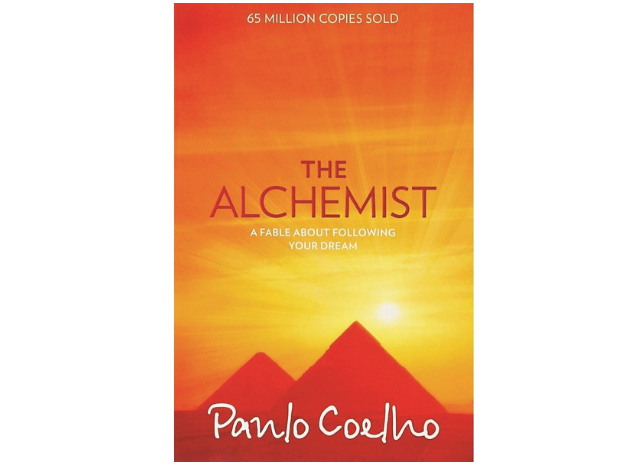Author and Background
The Alchemist by Paulo Coelho, first published in 1988, has enchanted millions of readers around the globe. The Brazilian author weaves a narrative that goes beyond mere adventure, delving into themes of self-discovery and personal fulfillment. Coelho’s journey from a struggling writer to a globally renowned author underscores the novel’s message of following one’s dreams and embracing personal destiny.
Plot Overview
The story follows Santiago, a young shepherd from Spain, who is driven by a recurring dream about a hidden treasure near the Egyptian pyramids. Motivated by this vision, Santiago sells his flock of sheep and embarks on a quest to uncover the treasure. His journey introduces him to various characters—a mystical king, a struggling crystal merchant, an enigmatic Englishman, and a wise alchemist—each imparting crucial life lessons. The journey evolves into a profound exploration of Santiago’s “Personal Legend,” or true purpose, intertwining physical adventure with spiritual discovery.
Themes and Symbolism
A central theme in The Alchemist is the pursuit of one’s dreams. Coelho asserts that each individual possesses a unique destiny, and it is through perseverance and faith that one can realize this potential. The novel posits that the universe conspires to help those who are committed to achieving their dreams, though the path is often fraught with challenges. Santiago’s trials serve as stepping stones, aiding his personal growth and understanding of the world.
Another significant theme is the interconnectedness of all life. The concept of the “Soul of the World” suggests a spiritual connection binding everything together. Santiago learns that by recognizing and aligning with this universal force, he can fulfill his desires and grasp his true purpose.
Alchemy, the ancient practice of transforming base metals into gold, symbolizes personal transformation. Just as an alchemist transfigures lead into gold, Santiago undergoes a profound transformation, evolving from a simple shepherd into an enlightened seeker who comprehends deeper truths about existence.
Love also plays a pivotal role in the narrative. Santiago’s love for Fatima, a woman he meets during his travels, highlights a significant aspect of the novel: true love supports and inspires growth rather than impeding it. Santiago’s decision to continue his quest despite his feelings for Fatima illustrates that authentic love encourages one to pursue their true calling.
Writing Style and Structure
Coelho’s prose in The Alchemist is characterized by its simplicity and elegance. The language is straightforward, making profound concepts accessible to a diverse audience. The novel’s episodic structure, with each segment presenting a new lesson or revelation, imparts a fable-like quality to the narrative. This approach reinforces the book’s moral and philosophical insights in a digestible manner.
Reception and Impact
Since its release, The Alchemist has achieved immense popularity, selling millions of copies and being translated into numerous languages. Its themes of self-discovery and dream-following resonate deeply with readers, inspiring many to embark on their own journeys of personal growth. Despite its widespread acclaim, some critics argue that its simplicity can render its messages overly obvious. Nonetheless, the novel’s enduring appeal and its status as a modern classic attest to its profound impact on global audiences.
Conclusion
The Alchemist by Paulo Coelho remains a powerful and inspiring exploration of dreams, destiny, and personal transformation. Through Santiago’s adventures, Coelho invites readers to contemplate their own lives, embrace their true purpose, and remain steadfast in their pursuit of fulfillment. Whether viewed as a philosophical treatise or a simple tale, the novel encourages readers to listen to their hearts and courageously follow their dreams amidst life’s challenges.












प्रतिक्रिया